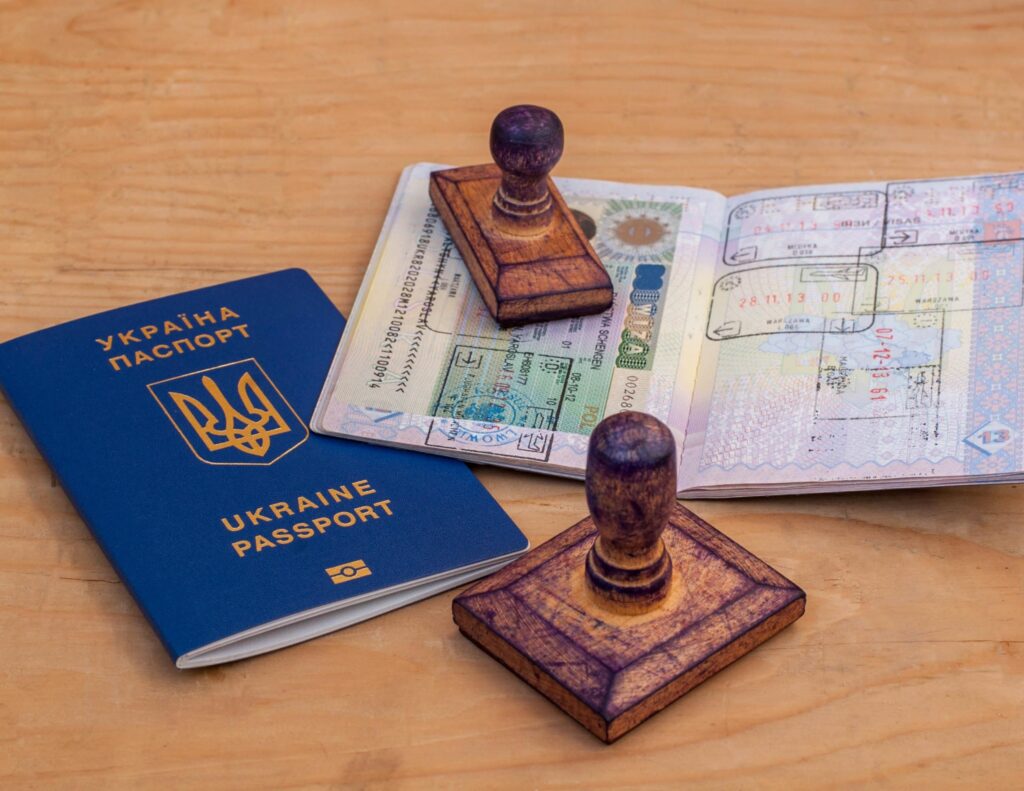
Graduating from your undergraduate degree marks a significant milestone, and for many, it’s the perfect springboard for pursuing postgraduate studies abroad. This transformative experience offers unparalleled opportunities for career advancement, cultural immersion, and personal growth. A postgraduate degree from an international university can significantly enhance your qualifications, expand your professional network, and provide a global perspective in your chosen field. This comprehensive guide will navigate you through the process, exploring the opportunities and pathways to help you embark on your postgraduate journey abroad.
Why Pursue Postgraduate Studies Abroad?
Studying overseas is a big commitment, but you can handle it easily and concentrate on the thrilling journey that lies ahead if you plan beforehand and pay close attention to the paperwork. This luck!Although choosing to continue postgraduate education overseas is a big decision, there are a lot of possible benefits. Getting an international qualification is only one aspect of it; another is broadening your views, developing a global perspective, and setting yourself up for success in a world that is becoming more interconnected by the day. The following are strong arguments in favor of postgraduate study overseas:
- Enhanced Career Prospects: A postgraduate degree from a reputable international university can significantly boost your employability and open doors to a wider range of career opportunities. Employers often value the global perspective, advanced knowledge, and adaptability that international education provides.
- Cultural Immersion and Global Network: Studying abroad offers a unique opportunity to immerse yourself in a new culture, learn a new language, and interact with people from diverse backgrounds. This experience broadens your horizons, enhances your cross-cultural communication skills, and allows you to build a valuable global network of professionals and academics.
- Access to World-Class Education and Research: Many universities abroad offer cutting-edge research facilities, advanced technologies, and innovative teaching methodologies that may not be readily available in your home country. Pursuing postgraduate studies abroad can provide access to these resources and allow you to learn from leading experts in your field.
- Personal Growth and Development: Living and studying in a foreign country fosters independence, self-reliance, and adaptability. Navigating a new culture, overcoming challenges, and building a new life abroad can be a transformative experience, leading to significant personal growth and development.
- Specialized Knowledge and Skills: Postgraduate programs allow you to delve deeper into your chosen field, specializing in a particular area of interest and developing advanced knowledge and skills. This specialization can make you a highly sought-after expert in your field.
Popular Postgraduate Programs for International Students:
- Master’s Degrees (MA, MSc, MBA, etc.): Master’s degrees are the most common postgraduate programs for international students. They cover a wide range of disciplines, from business administration (MBA) and engineering (MSc) to humanities (MA), social sciences, and more. Master’s programs typically last one to two years.
- Doctoral Programs (Ph.D.): For those aspiring to pursue advanced research and contribute to the body of knowledge in their field, a Ph.D. is the ideal choice. Ph.D. programs are research-intensive and typically take three to five years to complete. They often lead to careers in academia, research, or specialized industries.
- Graduate Certificates and Diplomas: These are shorter postgraduate programs designed to enhance specific skills or provide specialized training in a particular area. They can be a good option for professionals looking to upskill or gain expertise in a specific area without committing to a full master’s degree.
Steps to Study Abroad After Graduation:
- Research Your Desired Program and University:
- Define Your Goals: Clearly define your academic and career goals. What do you want to achieve with your postgraduate degree? What kind of career do you envision for yourself?
- Explore Program Options: Research different postgraduate programs that align with your goals. Consider your interests, academic background, and career aspirations.
- Identify Target Universities: Research universities in your desired destination country that offer the program you’re interested in. Consider factors such as university rankings, faculty expertise, research opportunities, campus facilities, location, and cost of living.
- Check Admission Requirements: Carefully review the specific admission requirements for each program and university. Pay attention to academic qualifications, work experience requirements, language proficiency requirements, standardized test scores (GRE, GMAT, IELTS, TOEFL), and any other prerequisites.
- Prepare for Admission Requirements:
- Academic Transcripts: Obtain official transcripts from all previous academic institutions you’ve attended. Ensure the transcripts are in English or have certified English translations.
- Standardized Tests: Prepare for and take any required standardized tests, such as the GRE or GMAT for graduate programs, and IELTS or TOEFL for English language proficiency. Aim for scores that meet or exceed the university’s requirements.
- Letters of Recommendation (LORs): Request LORs from professors, mentors, or supervisors who know you well and can speak to your academic abilities, work ethic, and potential. Provide them with ample time and information to write strong letters of support.
- Statement of Purpose (SOP): Craft a compelling and personalized SOP that articulates your motivations for studying abroad, your academic and career goals, and why you’re a suitable candidate for the program. Highlight your skills, experiences, and achievements.
- Resume/CV: Prepare a well-structured and up-to-date resume or CV that showcases your academic qualifications, work experience, internships, extracurricular activities, and any other relevant skills or accomplishments.
- Submit Your Application:
- Complete Online Application Forms: Fill out the online application forms for each university you’re applying to accurately and thoroughly.
- Upload Required Documents: Upload all required documents, including transcripts, test scores, LORs, SOP, resume/CV, and any other supporting materials.
- Meet Deadlines: Pay close attention to application deadlines and ensure you submit your application materials well in advance.
- Application Fees: Be prepared to pay application fees for each university.
- Look for Scholarships and Financial Aid:
- Research Scholarship Opportunities: Explore scholarship opportunities offered by universities, governments, private organizations, and foundations. Many scholarships are available specifically for international students.
- Financial Aid Options: Investigate other financial aid options, such as student loans, grants, and fellowships.
- University Funding: Check if the universities you’re applying to offer any funding opportunities for international students.
- Secure a Student Visa:
- Visa Requirements: Research the student visa requirements for your chosen country. Gather all necessary documents, including your admission letter, proof of financial support, health insurance, and passport.
- Visa Application: Apply for your student visa well in advance of your intended start date. The visa application process can take time, so it’s important to start early.
- Prepare for Travel and Accommodation:
- Travel Arrangements: Book your flights and make travel arrangements well in advance to secure the best fares and ensure a smooth journey.
- Accommodation: Studying overseas is a big commitment, but you can handle it easily and concentrate on the thrilling journey that lies ahead if you plan beforehand and pay close attention to the paperwork. This luck!Research accommodation options near your university. Many universities offer on-campus housing, while others may require you to find off-campus accommodation.
- Health Insurance: Ensure you have adequate health insurance coverage for your stay abroad. Some universities may require you to purchase their health insurance plan, while others may allow you to use your own.
- Attend Orientation and Start Your Studies:
- Orientation Programs: Studying overseas is a big commitment, but you can handle it easily and concentrate on the thrilling journey that lies ahead if you plan beforehand and pay close attention to the paperwork. This luck!Participate in the foreign student orientation activities your university offers. These seminars offer useful information on academic expectations, cultural adjustment, campus resources, and other significant facets of student life.
- Embrace the Experience: Be open to new experiences, embrace the cultural diversity, and make the most of your postgraduate studies abroad.
Studying overseas is a big commitment, but you can handle it easily and concentrate on the thrilling journey that lies ahead if you plan beforehand and pay close attention to the paperwork. This luck!After graduation, studying overseas is a big investment in your future. Through meticulous preparation, in-depth study, and a compelling application, you can boost your chances of success and start a fulfilling postgraduate experience overseas. For the most recent and detailed requirements, always check the official websites of the colleges and embassies.References and associated material.



